Football is Sweden’s most popular sport, and visitor numbers at matches up and down the country have been growing since the pandemic.
Last year, Sweden’s two highest leagues, the Allsvenskan and Superettan, broke audience records, while Allsvenskan alone – Sweden’s top league – reported its highest visitor numbers ever in 2023.
This all means that taking part in a football match is an easy way for newcomers to the country to engage with Swedish culture even if they don’t know the language, or indeed any of the rules of the game.
In certain Swedish cities like Malmö in the south, the entire town supports the club whether they’re hardcore football fans or not, so keeping up to date with how your local team is faring in the league tables is a great conversation topic with your Swedish colleagues over a fika break at work.
If you’re more into women’s football, the Damallsvenskan, which has existed since 1988, is also popular, with teams like Malmö’s FC Rosengård, Umeå IK and Stockholm’s Älvsjö AIK dominating the league tables.
Sweden’s national women’s team made it to the semi finals of the World Cup last year and came third overall which gave women’s football in the country a boost, and many of the popular national players play for teams in Sweden. Brazil’s Marta, widely regarded as one of the best women footballers of all time, used to play for Umeå IK.
With the season for Allsvenskan and Damallsvenskan kicking off, why should you consider watching at least one football match this year?
Cheap tickets
One great reason to watch a football match in Sweden is that they are relatively cheap. The 51-percent rule, set by the Swedish Sports Federation, means that all sports clubs, including football clubs, are only permitted to compete in Swedish leagues if they’re non-profit. Technically, this means that the members of a club must have a voting majority, owning at least 51 percent of the club.
As a result of this, no single person or company can own a sports club, with the knock-on effect that Swedish leagues feel less commercial than those elsewhere, even in the top teams, and a high amount of member influence means clubs are less willing to introduce exorbitant ticket prices.
Matches are also, for the most part at least, family friendly. There are family stands in most clubs, kid-friendly snacks like popcorn and hotdogs on sale, and often activities for children at half time.
You can buy tickets directly from the club where the match will be played (look for hemma [home] or borta [away]), either online or at the ticket booth if the match isn’t sold out. In most cases you can also buy a season ticket (årskort in Swedish) for the full year.
Ticket prices usually vary depending on where you’re sitting, with discounts for children, pensioners and young adults.
If you support the away team, make sure you get a ticket in the relevant section so you’re not sitting with rival fans.
Ultras and tifos
For people who don’t know anything about the game, a match in Sweden can also be somewhat of a spectacle.
Extra committed fans, known as ultras, stand, sing and chant throughout the game, led by a capo.
At the beginning or end of the match, or at half time, the ultras will often raise a tifo – a huge banner stretching the entire height of the stadium, with some sort of message or image – and light bengaler flares.
There are downsides to ultras culture of course – such as football hooliganism and pyrotechnics, which are technically banned as they disrupt play and are a fire and injury risk – but the more peaceful aspects like tifos and football chants are an undeniable part of Swedish football culture.
Some matches are worse for hooliganism than others, like matches between the classic major men’s teams like Hammarby, Djurgården, AIK, IFK Göteborg, Malmö FF, or derby matches where two rival teams from the same city or area play against each other.
Swedish police will often class these in advance as högriskmatcher, “high-risk matches” with an extra police presence, so these are best avoided if you’re looking for a calmer atmosphere.
This doesn’t mean that you shouldn’t ever watch one of these teams, but it could be a good idea to choose a game where they’re playing a smaller rival, or get tickets for the women’s team instead.
No VAR
There’s also another major advantage to the Swedish leagues for serious football fans – there’s no VAR. VAR, for the uninitiated, stands for video assistant referee, and is a system whereby referees can review footage of a particular moment in the game on a TV screen in order to make more accurate decisions on goals, fouls, red cards or similar.
VAR has been used in the World Cup since 2018 and has already been introduced in a number of leagues worldwide, but is not popular with fans due to inaccuracy, a lack of transparency, and the fact that it disrupts games with lengthy pauses.
The system is widely used in European leagues – 37 of UEFA’s 55 member countries use it, including major leagues like Germany’s Bundesliga, Spain’s LaLiga and premier leagues in England and Scotland, but not Sweden, and there are currently no plans to introduce it.
Different for fans of English football
For many football fans, English premier league football is the norm, with fans from all over the world often choosing a premier league club and following it for years.
Whether you’ve actually been to a premier league match in England or not, matches in Sweden are somewhat different.
Firstly, you can still buy standing terrace tickets to watch most games – these were banned in the top two divisions in England following the Hillsborough stadium disaster in 1989, where 97 fans were killed – although this means that you’ll be standing with the ultras, so maybe not the best choice for a casual fan or for those planning to bring their kids along.
Unlike the premier league, you can also enjoy a beer while you watch the game – although stadiums are only allowed to sell folköl with an ABV of 3.5 percent or less.
Great chance to learn some new Swedish vocab
So, are you tempted to watch a football match in Sweden once the new season starts?
You don’t need to know that much Swedish to be able to follow along – kicking a ball into a goal is pretty much universally understood – but here are a few words you can learn to help you out.
Mål – goal
Målvakt – goalkeeper
Försvarare – defender
Mittfältare – midfielder
Anfallare – attacker
Avspark – kickoff
Inkast – throw-in (shy in Scotland)
Hörna – corner
Frispark – free kick
Straffspark – penalty
Halvtid – half time
Fulltid – full time
Förlängning – extra time
Oavgjort – draw

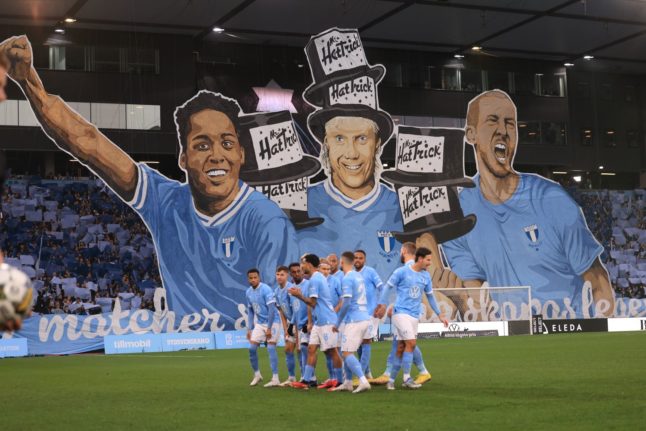
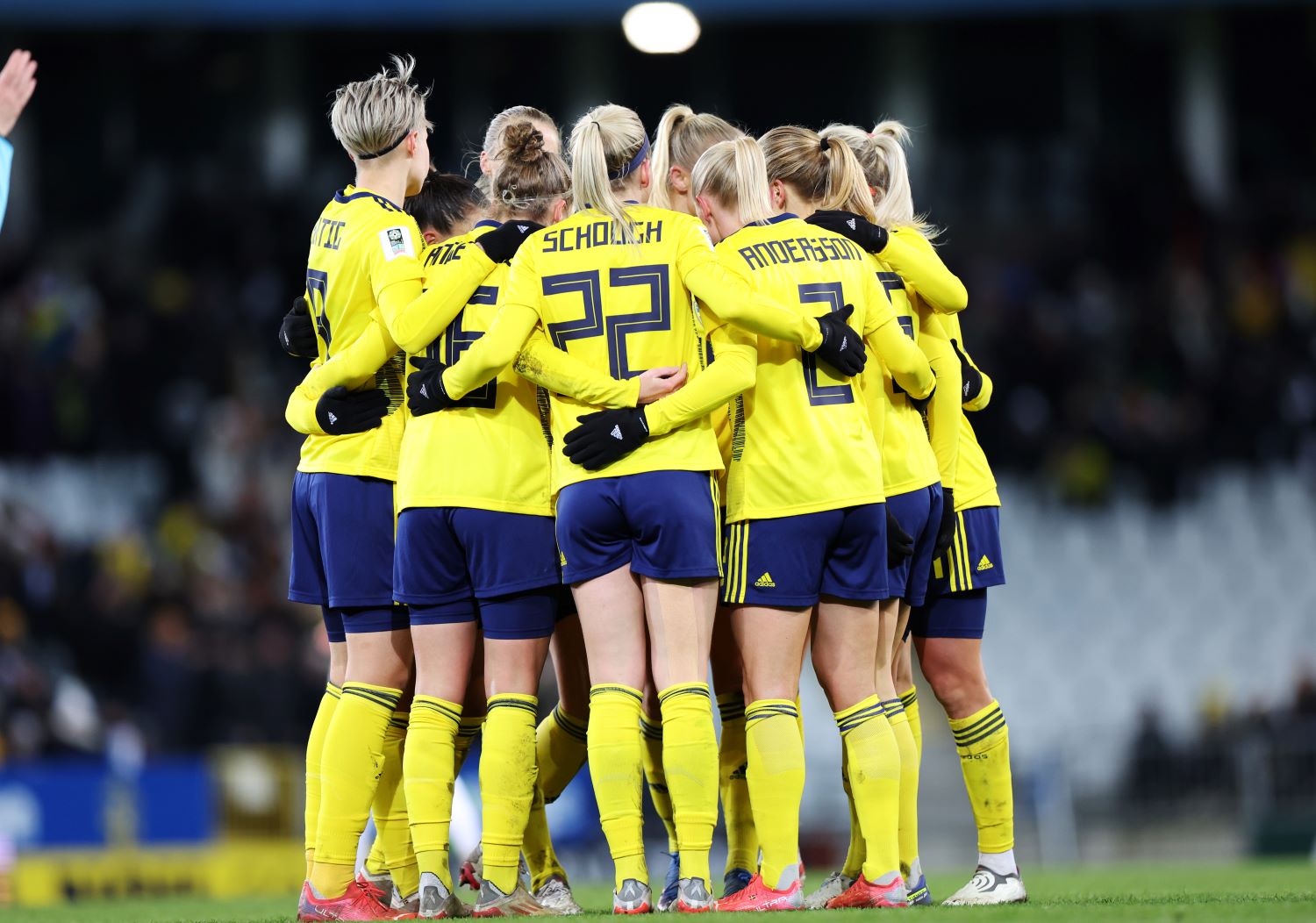
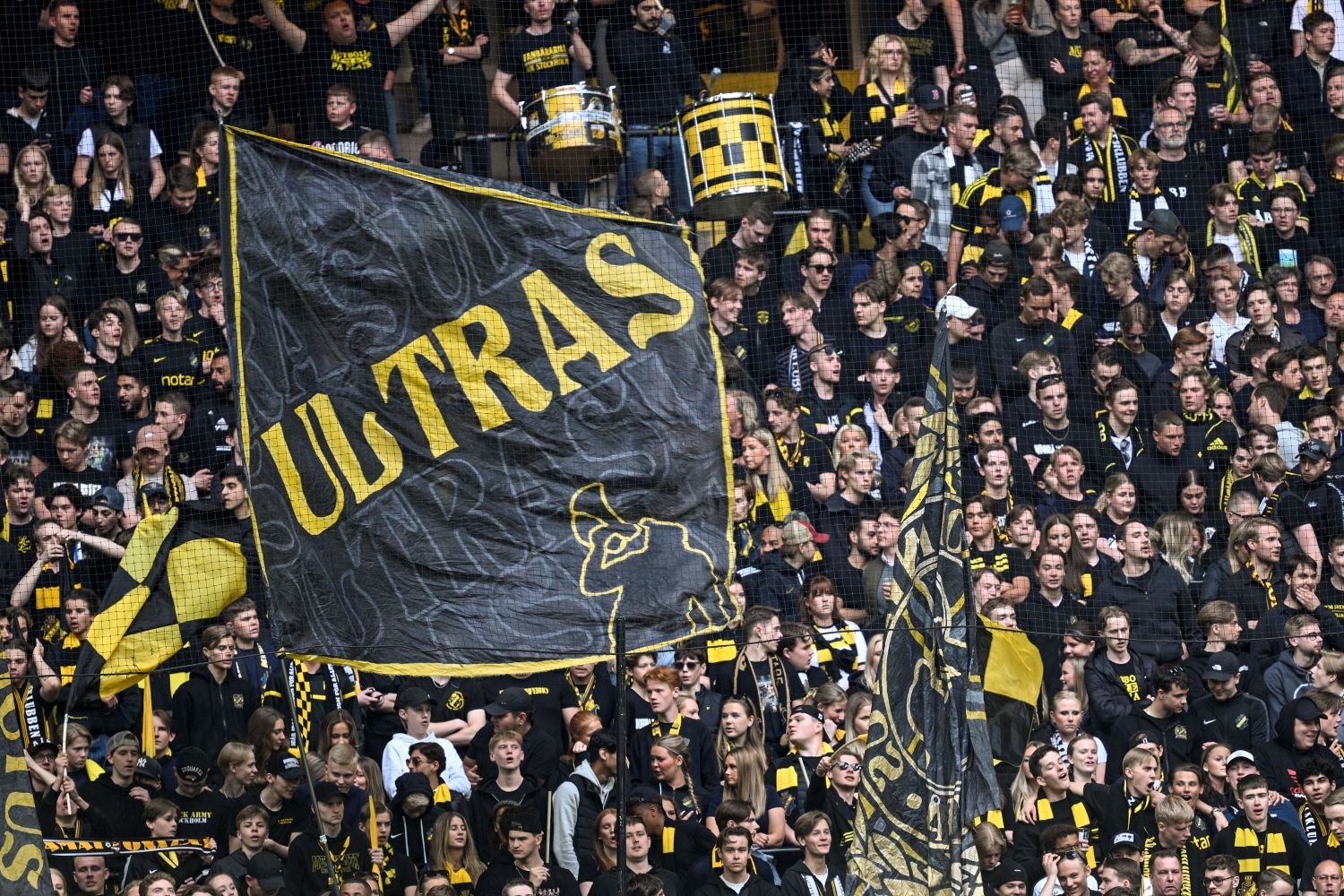
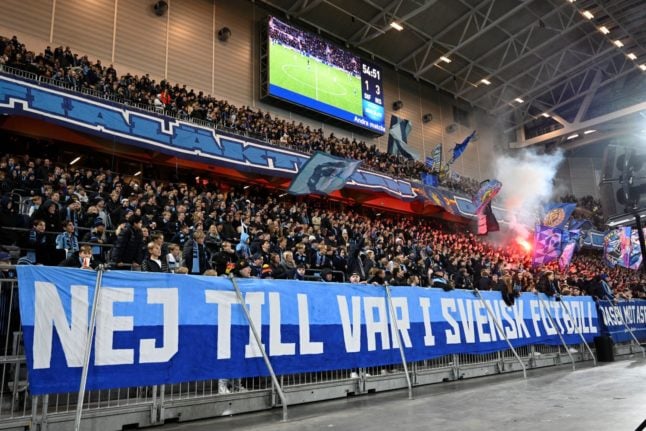
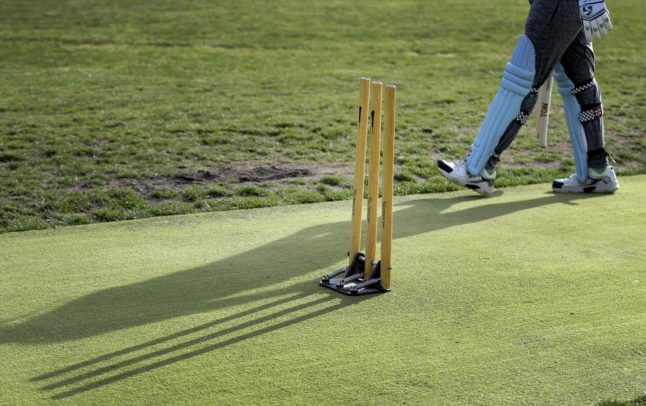
 Please whitelist us to continue reading.
Please whitelist us to continue reading.
HEJA GAIS! HEJA GAIS! HEJA GAIS HEJA GAIS HEJA GAIS!!!
NANA NANA NANA NA NA NA GAIS IS GOING UP GOING UP! GAIS IS GOING UP!!!
This is an insightful article, thank you! One small correction: the Swedish women advanced to the semi-finals of the 2023 World Cup, not the quarter-finals; and they won their consolation match to finish 3rd in the whole tournament! I really valued this article, I appreciate every time The Local focuses on sports and athletics.
Thank you! I knew they came third but got my quarter and semi-finals mixed up – thanks for the correction!
Glad you appreciated the article.
– Becky Waterton
No, you don’t have to. Thank goodness.